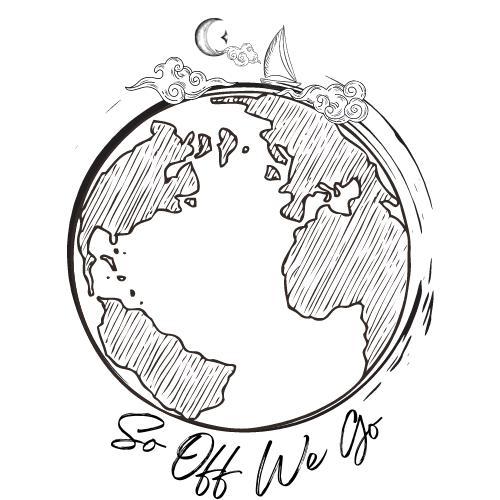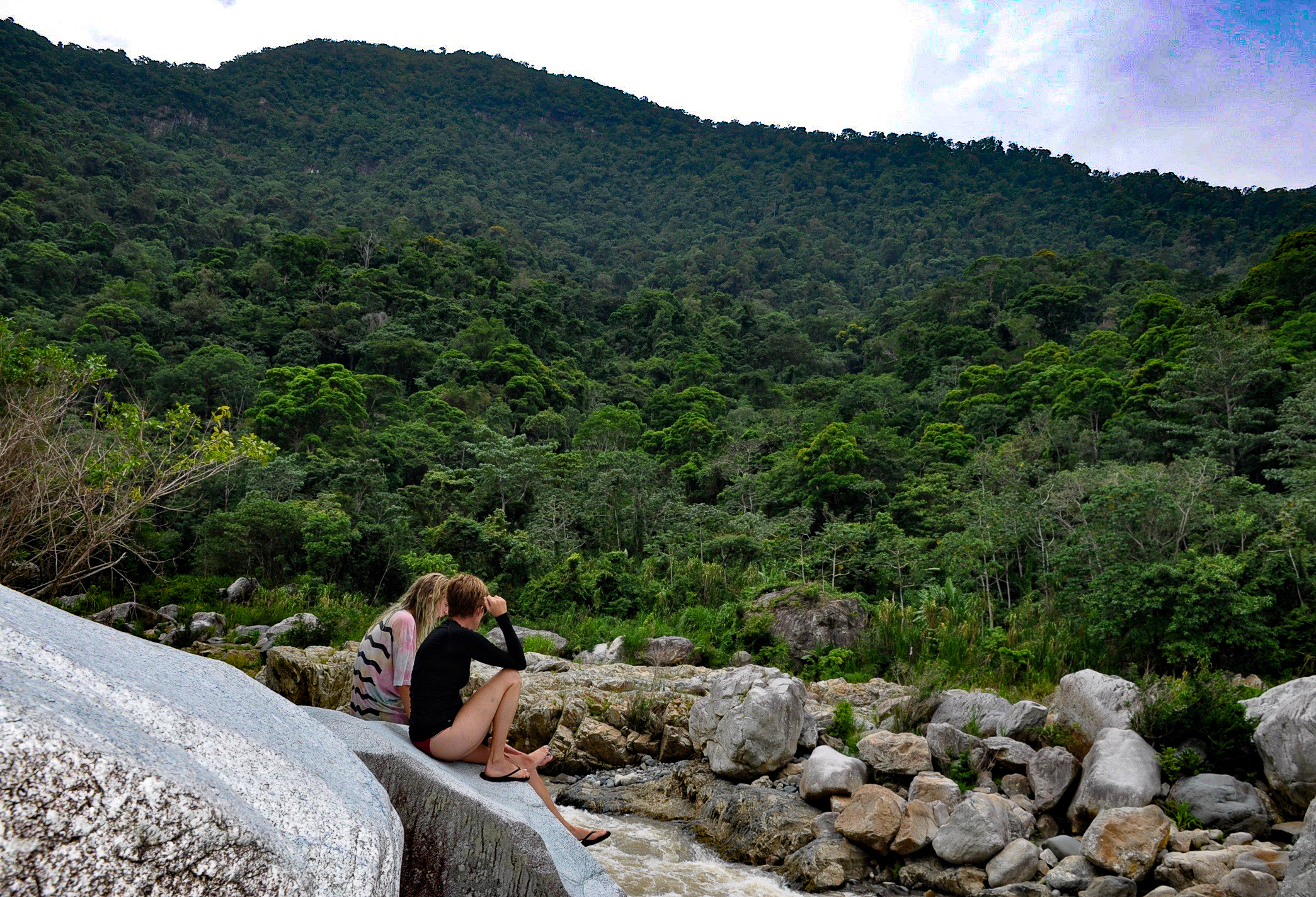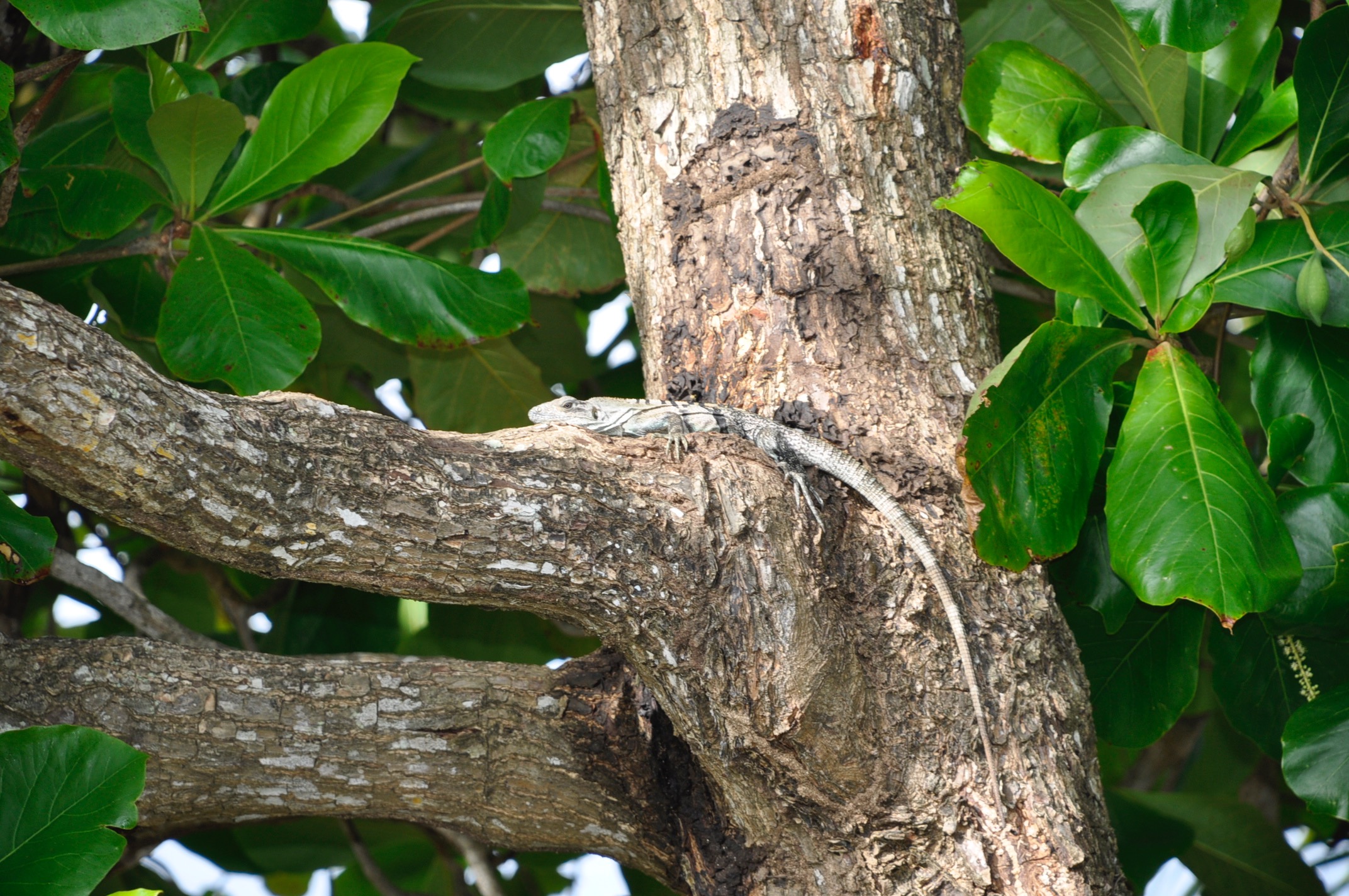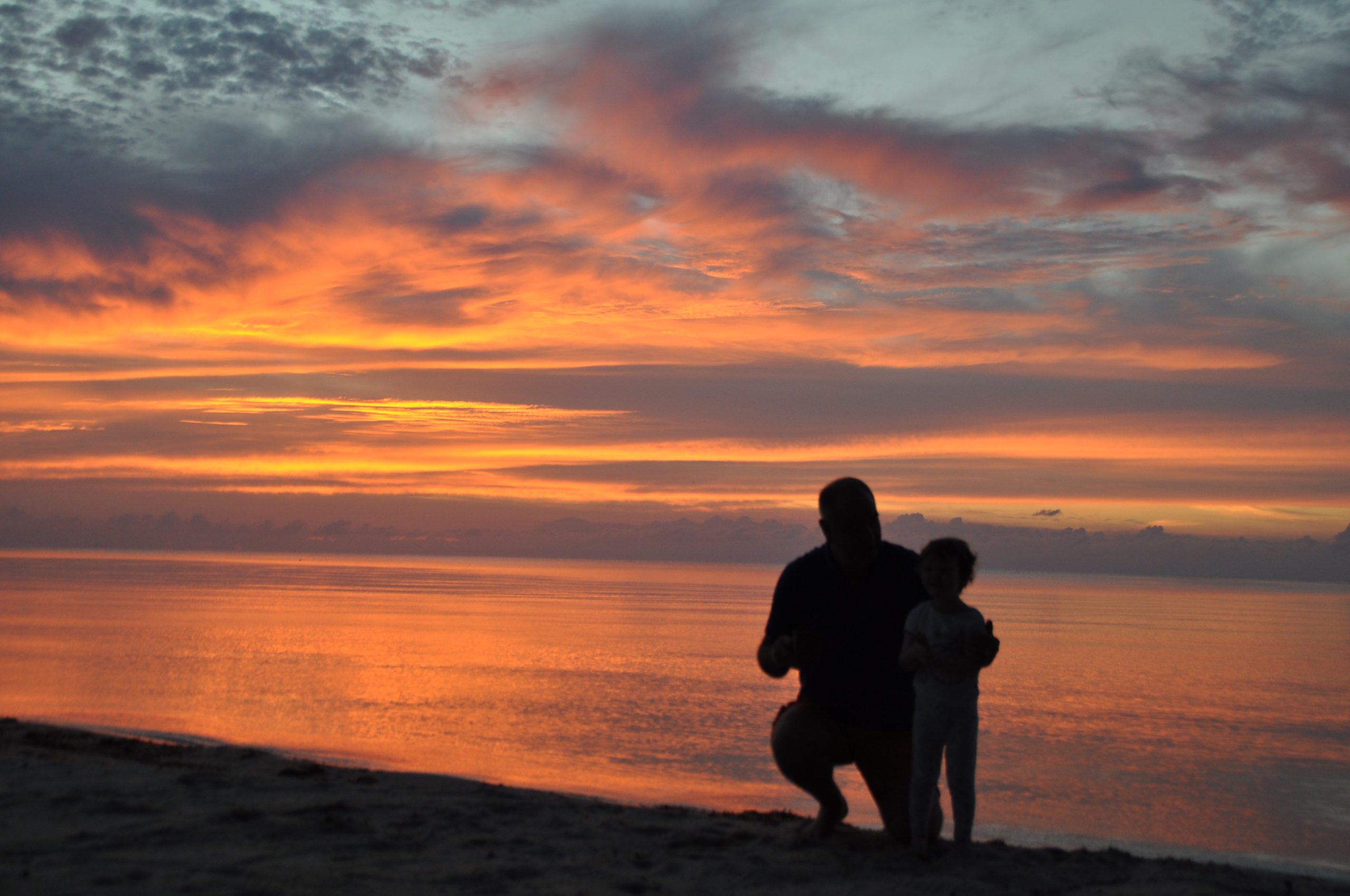I have spent the last 9 years of my life talking about the problems with plastic. The biggest problem is it doesn’t break down. It never goes away. Some of it can be recycled but most plastics are single use which will NEVER go away. For most people in the world, out of sight out of mind. It goes somewhere when it is no longer in our site and since it isn’t piling up in our backyard it can’t really be that big of a problem, right? Wrong.
I have heard from other travelers that they are seeing HUGE problems when they go to Bali, Thailand, and other places in the South Pacific. There is plastic trash everywhere. On first glance it would appear that these people just don’t dispose of their trash very well, But it actually has almost nothing to do with that.
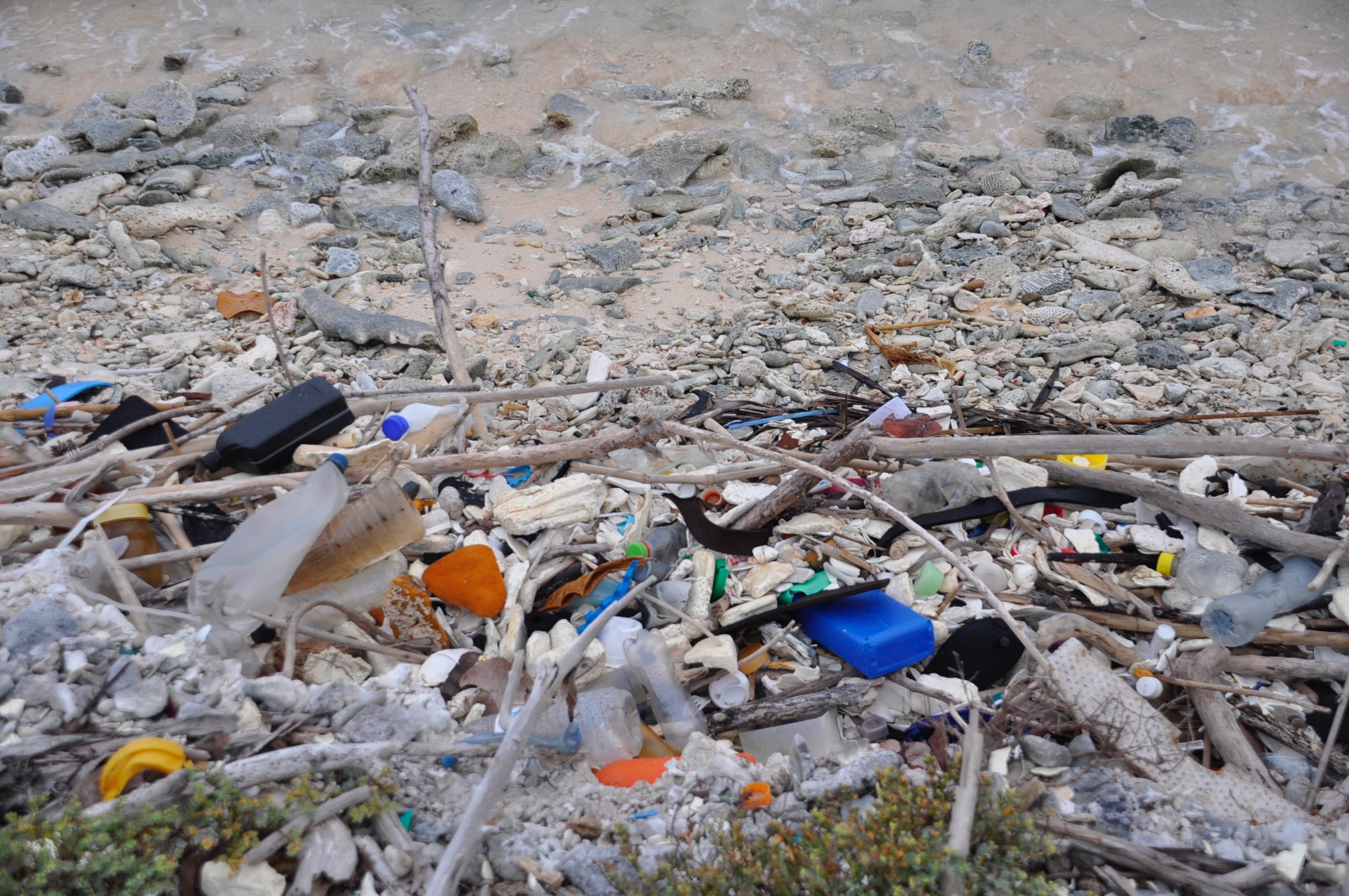
As we saw in Utila when we visited was it isn’t the trash from the islands or ocean front mainlands which is the problem, it is the trash from everywhere else. Every year 10’s of 1,000’s of pounds of garbage wash up on islands. These little islands who aren’t equipped in any way to handle this plastic trash. In California alone they spend over 25 million dollars per year of tax payers money to deal with the problem of the plastic washing up on shore. Again, most of this is not their trash. So, how can we expect small little islands to have that amount of money each year to clean up our trash? The locals do what they can to pick up and organize incentive programs, like the one in Utopia Village, or those in Bali, but many of these places have no place to recycle the plastic once it is picked up so it is hauled off to landfills or shipped to mainlands to be recycled.
So where is all of this trash coming from? Well, it comes from plastics in the waterways throughout the world, from boats, from people throwing things into the ocean and litter in general. A plastic bottle which makes its way into a river can easily end up in an ocean hundreds of miles away. It then wraps itself around corals, it traps and kills fish and mammals, it ends up inside of turtles, fish and birds. Once that happens the fish eat them, it is a toxin so they ingest it, they are then caught by fishermen and humans consume the toxic fish.
There are massive amounts of images of birds being cut open when they die, full of plastic pieces. They can not digest the plastic anymore than we can and so they die.
In 2013 115 billion pounds of plastic were produced just in U.S, 300 million tons of plastic are produced each year worldwide. None of this plastic ever goes away. In fact all of the plastic molecules ever produced are still here on this planet.
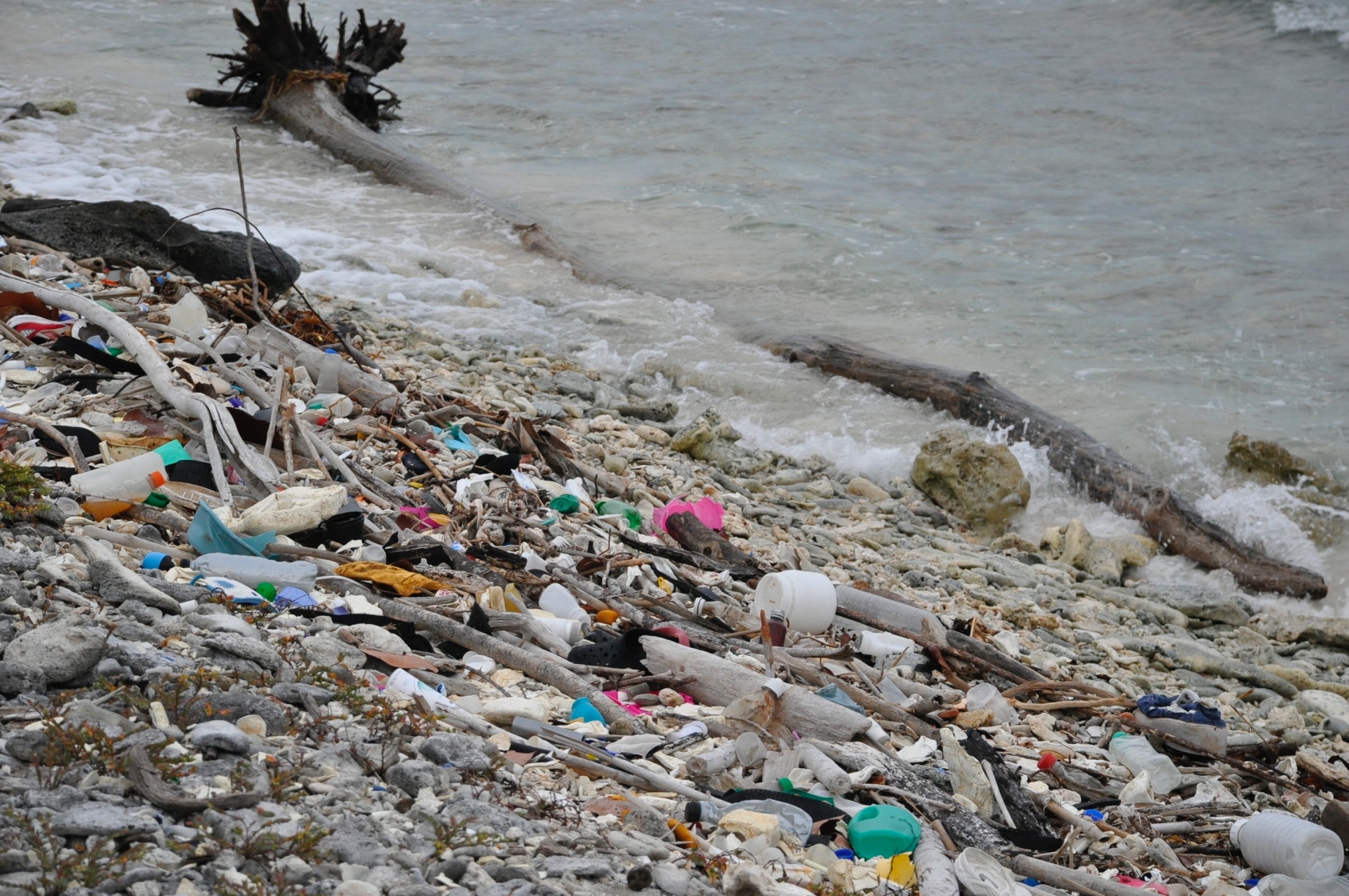
Every time we go snorkeling we are pulling plastic food bags out of the ocean. They are wrapped around corals which eventually kill the coral, trap and kill fish and never, ever go away.
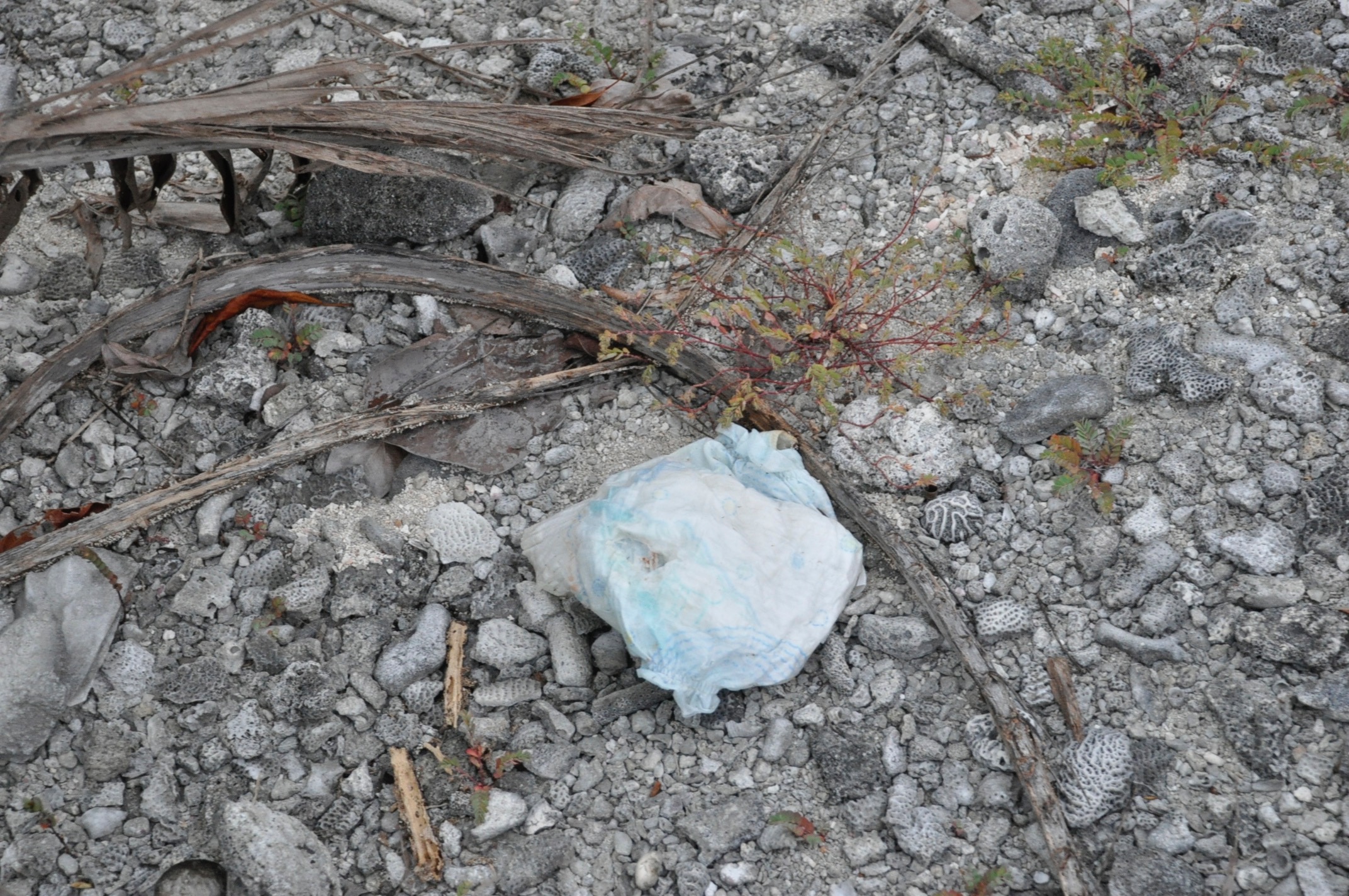
While it may not seem like your problem consider the money our country spends each year on clean up. Your money. Consider the fish eating the plastic and then being put on your dinner table, consider the birds dying and then consider the ecosystem we depend on being damaged daily. Think about you and your children traveling walking along plastic filled beaches, or snorkeling with almost no fish or coral to look at. Then think about what you can do to help. Stop using plastic bags, stop buying bottled water (instead buy a reusable glass or stainless steel container and taking your water). Take your family for a walk and pick up and recycle the plastics you see or throw away what can’t be recycled. Buy products in glass jars or aluminum cans when possible, or buy in bulk and take your own containers if you can. It isn’t hard at all to change what we have done. Buy things made from renewable, biodegradable or recycled materials. Purchase from conscious companies like Preserve who recycle their plastic into amazing things like plates, utensils and park furniture for our communities. (I use their razor and toothbrush and used to own the tableware and have loved all of it!)
I have avoided discussing the toxins we are exposed to with plastics but there is plenty of information out there if you want to look into it yourself. Or comment and I would be happy to share the decades worth of information I have.
Then if you really want to be awesome stand up to the plastic companies who are suing towns/cities/states who are trying to get rid of plastic bags in their communities. The plastic problem is visible in ocean towns but it starts with all of us. It is simple to make a difference.
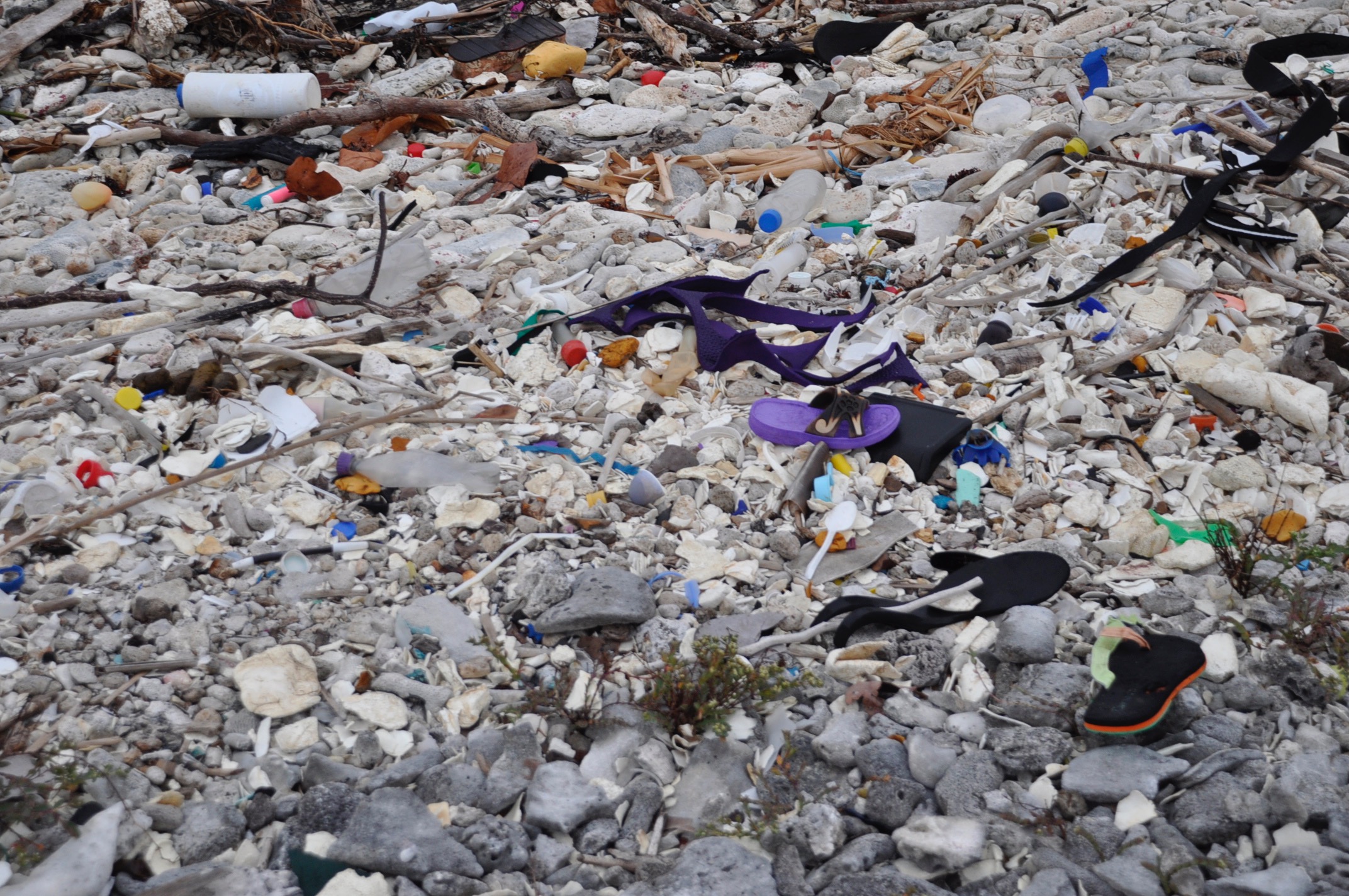
(Many of the facts in this post came from the movie Plastic Paradise. It is worth watching. There is also an incredible young man named Boyan Slat who is working on a project to help clean up the Pacific Ocean.)
The truck in the image will soon become a craft project at school. We will use it as a planter.
